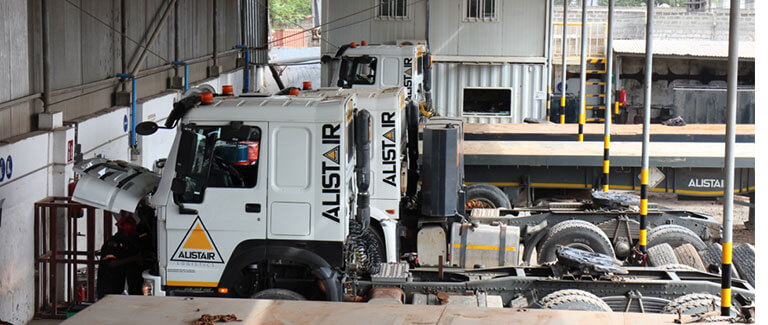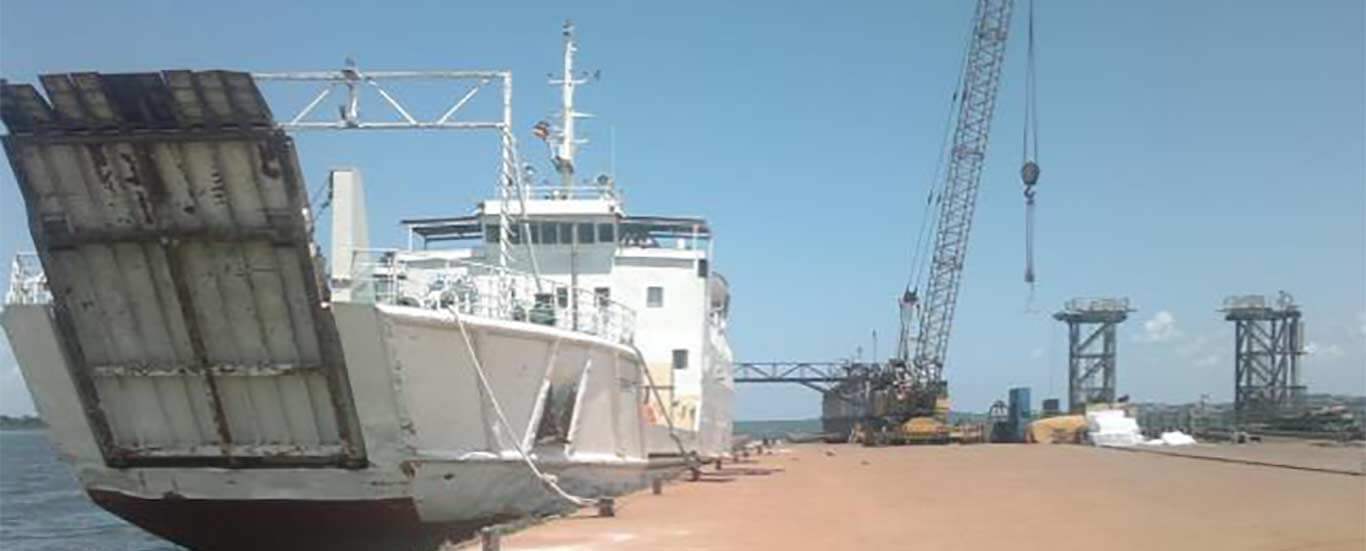[vc_row][vc_column][custom_inner_menus select_menu="project"][/vc_column][/vc_row][vc_row][vc_column][single_project_block_1 heading="Logistics and Advocacy" implementor="Tanzania Private Sector Foundation (TPSF)." target_group="Logistic sector group" project_value="US$ 671,000" implementation_period="2011 - 2018" download_btn_text="Download Project PDF" download_btn_link="#url"]Logistics costs limit the competitive participation of a country in trade since the delivered costs of imports are higher, exports are less competitive and attraction for foreign direct investment is diminished. In Tanzania for instance, this is mainly due to poorly maintained rail and road infrastructure; inefficient operational processes and poor access to key transport hubs; overlaps in administrative processes and unclear management structure, and outdated processes and insufficient human resource capabilities. Therefore, TMA intends to unlock the logistics potentials in the trade networks by addressing the key identified challenges to ensure improved Business Competitiveness. What: TMA’s interventions focus on reducing the cost and time of doing business in the region as well as expanding trade opportunities to enhance the business environment. This can be achieved through augmenting the capacity of the logistics sector along the trade networks in the country whose impact will be reflected across the region. How: The logistics platform is the key mechanism through which the enhancing capacity of logistics players, adopting a strategy for logistics; implementing a monitoring mechanism for the strategy; improving coordination of logistics stakeholders and influencing policy will be handled. Contact: Elibariki Shammy, Email; [email protected] Click here to learn more about One Stop Border Posts Program[/single_project_block_1][/vc_column][/vc_row][vc_row el_id="desired-result"][vc_column][single_project_block_2 heading="Desired Results" image_1="42644" image_2="42616"]Improved Business Competitiveness through Efficient Trade Logistics Services[/single_project_block_2][/vc_column][/vc_row][vc_row el_id="project-insight"][vc_column][project_single_ele_3_container heading="More Project Insights." sub_heading="Projects Highlights From A Glance" slide_1="info access for 20...
Logistics and Advocacy
Posted on: March 19, 2019
Posted on: March 19, 2019


















